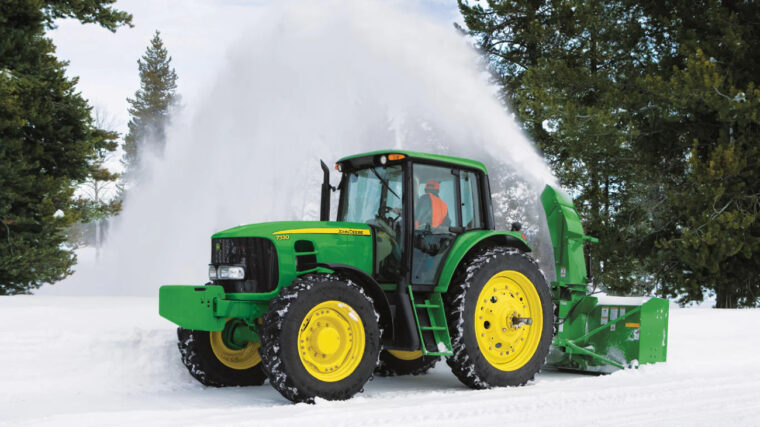Preparing your farm for winter is just as important as it is for the growing season. Doing so ensures that your fields are in the best shape possible for the coming months. Whether you have a small plot of land or many acres to care for, there are a few tips you can keep in mind to efficiently get the job done ahead of the first deep freeze.
Winter Farm Prep: Getting Ahead of the Cold
Winter prep is critical to making sure your farm is operating in top condition year-round, and it doesn’t have to be a chore. There are just a few factors you’ll want to consider before you hunker down for the season. First, think about what needs to be cleaned up around your property. As soon as the leaves start to fall, you can begin cleaning. Next, think about how you can refine the collection of belongings in your shed or barn. Consider donating or selling unwanted items to make room for your animals, as well as machinery you might want to store during the winter. From this point onward, you can begin to think about your winter crops and tending to your machinery.
1. Plan Out Winter Crops
Just because winter is coming doesn’t mean you have to hold onto your planting ambitions until next season. There are a number of plants that can survive the harsh weather of the season, including leeks, Brussels sprouts, spinach, and parsnips. Planting them during the winter can ensure that you have a bountiful harvest come spring.
2. Be Ready for the First Frost
Frost develops when temperatures dip below 32 degrees Fahrenheit, and it typically arrives when outdoor temperatures average in the mid-30s. When frost arrives, water is prevented from reaching plant tissue. Plants that have been damaged by frost will have leaves that turn dark brown or black. To help your plants survive the harsh weather, you can cover them before the sun goes down to help them retain heat. You can also water your plants, as this helps them maintain their internal temperatures above freezing.
3. Inspect Equipment & Machinery
Winter is an ideal time to inspect your equipment to make sure everything is in working order come springtime. Take a look at your tractors, trucks, and farming equipment. These items may need routine maintenance or more to keep them in the best possible operating condition. When examining your winter equipment, such as snowblowers, test them to ensure they’re working ahead of the first big storm. You may also want to consider investing in a portable generator. This can help you keep everything working in the event of a power outage.
4. Make Repairs As Soon as Possible
If you notice that some of your machinery needs to be repaired, try to do so in a timely manner. During the winter, some repairs may take longer than they usually do in warm weather. Keep in mind that there is also less daylight to work with once winter rolls around.
5. Properly Store Equipment
Once it comes time to store your farm equipment, take a look at your operator manuals. These will typically have steps you can take to ensure that your pieces of equipment are stored properly during the cold weather season. You may also want to consider pressure-washing your machinery, if applicable, to remove difficult-to-remove dirt and grime. Remember to lubricate all grease points, and use your air compressor to inflate all tires to the proper PSI. If you have a battery maintainer, put it to use to prevent your machinery’s batteries from dying in the cold weather.
If you enjoyed this post or want to read others, feel free to connect with us on Facebook, Pinterest, Twitter, or Instagram!
